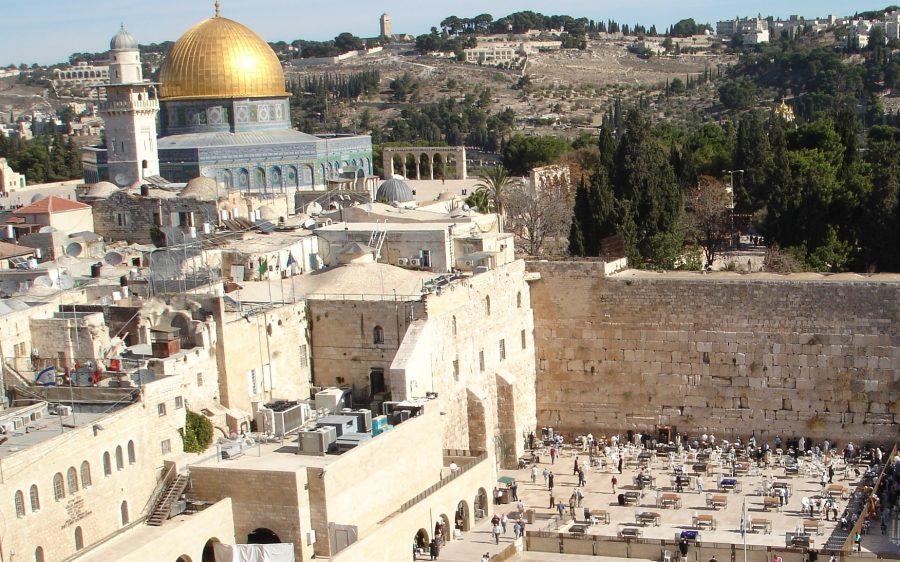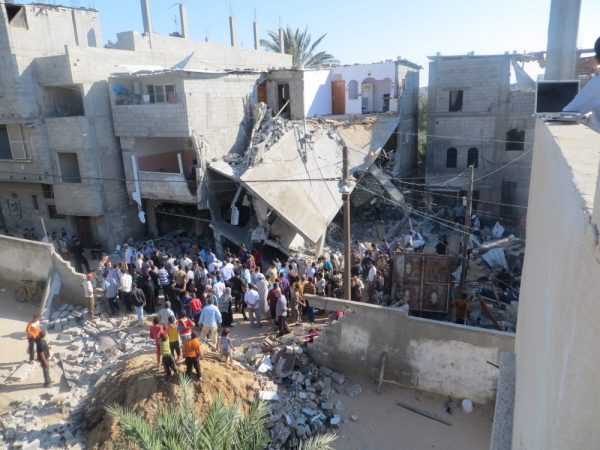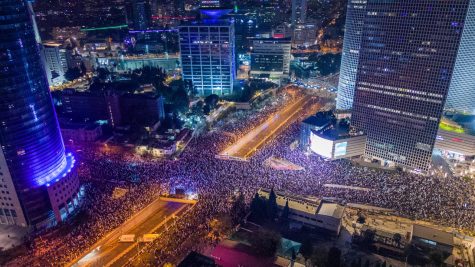UN Demands Israel Halt Israel-Palestine Border Settlements
On December 23, the United Nations passed a resolution calling Israel to halt the construction of settlements on the Israel-Palestine border. This comes in response to Israel using these settlements to slowly gain land.
When Israel was founded by the UN in 1948, specific borders were set partitioning the state of Palestine. In response to the Holocaust and the long history of anti-Semitic violence, the international community deemed it necessary to form a Jewish state.
The UN allocated the then newly-found country take about half of the land that, before 1948, belonged to Palestine. A day after Israel was declared a country, many of their Middle Eastern neighbors declared war and refused to recognize the Jewish controlled country. Israel had a total of four wars with surrounding Arab countries, and a relative peace was only found in the mid 1970s.
As time went on, Israel gradually gained more land while Palestine was continually losing land. Today Israel controls about three fourths of the land originally belonging to Palestine; almost 50% more than the amount originally given by the UN.
Though peace treaties with both Egypt and Jordan have been signed, permanent borders between Israel and Palestine have still not been drawn due to conflict between the two countries. There have been peace talks between the Jewish homeland and the predominately Muslim Palestine, but the calm has never really lasted.
Hamas, a fundamentalist far right group, currently has control over Palestine. Meanwhile, Israel is controlled by Benjamin Netanyahu, the prime minister, and his political coalition, which US Secretary of State John Kerry called, “the most right-wing in Israel history with an agenda driven by the most extreme elements.”
When the UN passed its resolution, Netanyahu took action. He sent the ambassadors from Senegal and New Zealand, sponsors of the resolution, home. He also recalled the Israeli ambassadors from all the countries that voted in favor of the resolution. The Ukrainian prime minister’s visit was cancelled, and so was the visit from UK prime minister Theresa May.
Netanyahu was particularly upset at president Barack Obama. Normally, when a vote on Israeli settlements comes up in the UN, the United States uses its veto power – as a founding member of the UN, the US can veto and stop any vote – and vetoes in Israel’s favor.
This time, rather than stop the vote, the United States abstained from the process. It was this action that led to Netanyahu calling Barack Obama, who just increased the annual Israel aid budget to $38 billion, anti-Israel.

















